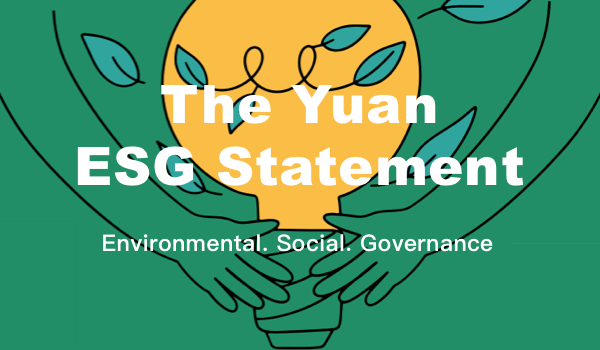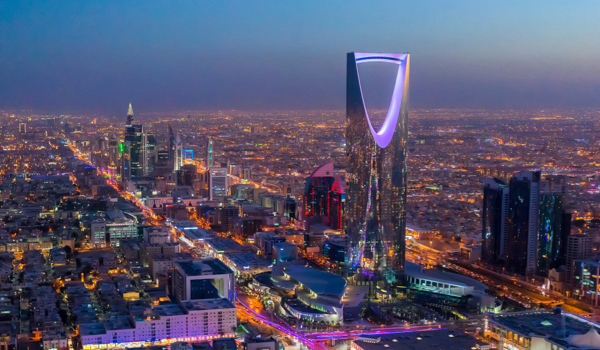

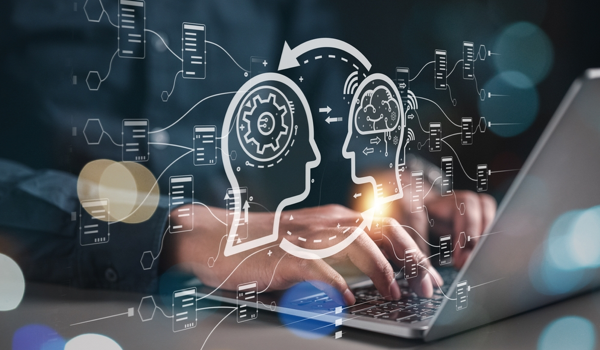
PRINCETON, NEW JERSEY - The rapid march of artificial intelligence (AI) is not merely overturning conventional notions of work, but also changing the essence of human identity. Previous technological developments altered human behavior and appearances, whereas AI is fundamentally reshaping core social and political individual beliefs, including about the nature and role of the state.
In the 19th-century Industrial Revolution, mechanical power - mostly fueled by carbon - replaced human and animal power as an energy source used to transform nature and the production of industrial and consumer goods. As the revolution matured in the 20th century, hard physical labor became the preserve of a dwindling number of occupations.
For a glimpse of most pre-industrial work, look at roofers, who today are still exhausted and worn out by toiling in the elements in uncomfortable, distorting physical positions. They are preserving into the 21st century what was once a general experience for nearly everyone. Early 20th century automobile workers bent over their tools, lifted heavy objects, and applied huge amounts of energy. Their early 21st century counterparts now look at monitors and track the robots who have taken over the heavy physical tasks. As the sweat economy has disappeared, working people have become weaker, but also healthier. Those who want to retain some physical strength now go to the gym.
The ongoing information technology revolution represents another step in this human development. As machines have taken over more cognitive tasks - not just physical ones - computers now monitor the robots doing the physical work. With the elimination of much mental exertion - e.g., the complex arithmetic shop assistants used to perform - the same old pattern has continued: Many have stopped thinking at work and instead devote their energies to crossword puzzles, sudoku, or Wordle.
Today’s revolution goes much further becaus
The content herein is subject to copyright by Project Syndicate. All rights reserved. The content of the services is owned or licensed to The Yuan. The copying or storing of any content for anything other than personal use is expressly prohibited without prior written permission from The Yuan, or the copyright holder identified in the copyright notice contained in the content. Continue with Linkedin
Continue with Linkedin
 Continue with Google
Continue with Google

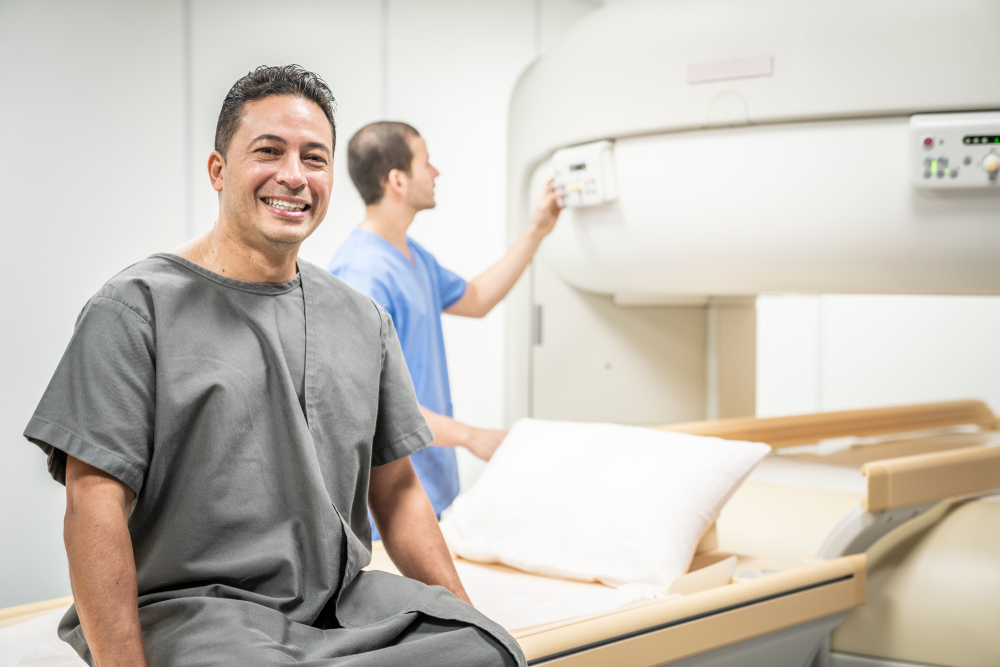
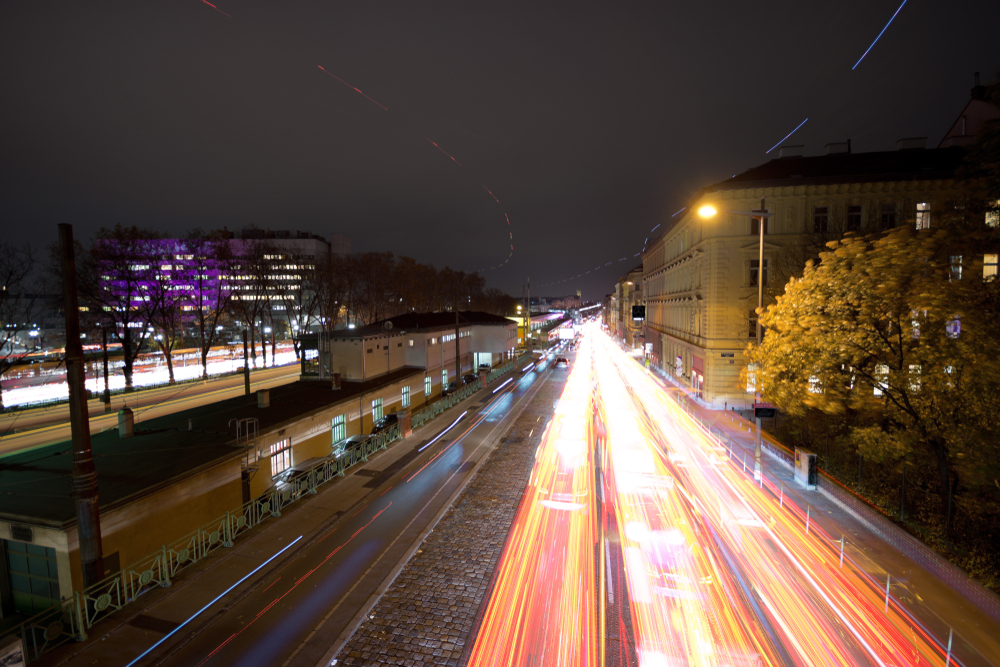








 644 views
644 views





